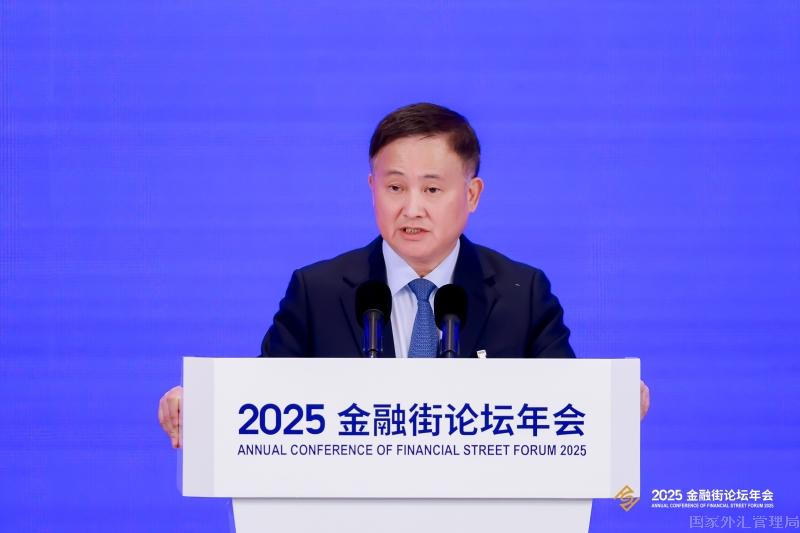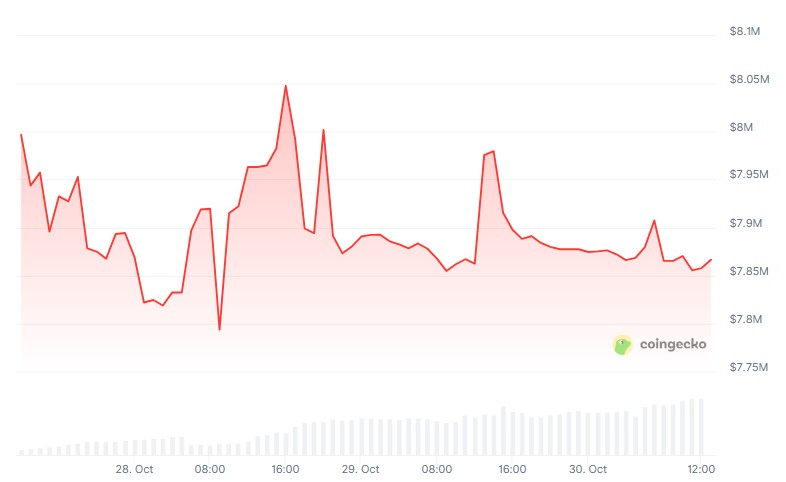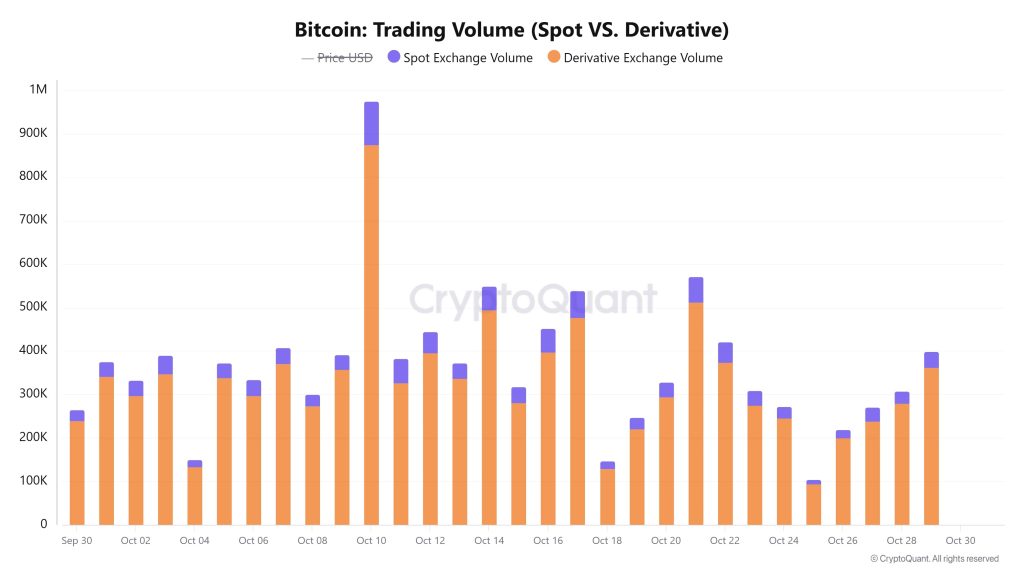China breaks silence on stablecoins
China has finally put rumors to rest following a speech by People’s Bank of China Governor Pan Gongsheng at an annual financial conference in Beijing.
After Hong Kong’s stablecoin licensing regime took effect in August, several companies — including some from mainland China — reportedly lined up to apply for licenses in the city. The move had fueled speculation that Beijing might be preparing to ease its long-standing crypto ban.
However, Pan made clear that no such shift is underway. Referring to the series of prohibitions rolled out since 2017, he said the existing policies “remain in effect.”

“The People’s Bank of China will continue, in coordination with law enforcement authorities, to crack down on the operation and speculation of virtual currencies within China,” Pan said.
While Pan didn’t state that enforcement would intensify, he did warn that the central bank’s position has not changed.
Pan also took aim at stablecoins, describing them as underdeveloped and high risk. He warned that they fail to meet “basic requirements” for Anti–Money Laundering compliance, and that they create loopholes related to illicit cross-border transfers and terrorist financing.
Pan framed the PBOC’s approach to stablecoins as risk monitoring, saying the central bank would “closely track and dynamically assess the development of offshore stablecoins.”
Although the People’s Bank of China has discussed digital assets in the context of risk management before, this was Pan’s clearest statement in recent months, reaffirming that China’s crypto prohibitions remain in place despite surging institutional adoption and demand globally.
JPYC launch brings Japanese yen products to DeFi
Swiss developer Secured Finance AG has launched a new suite of products built around JPYC, a Japanese yen-backed stablecoin, aiming to open up Japan’s interest-rate market to decentralized finance (DeFi).
The company said the initiative introduces JPYC-denominated fixed-rate lending markets to form an onchain yen yield curve.
The development builds on Monday’s launch of JPYC, Japan’s first licensed yen-backed stablecoin, which effectively unlocks the yen’s financial ecosystem for DeFi applications.
“The Japanese yen is not just a domestic currency — it is a global benchmark for interest rates. By supporting JPYC and bringing the yen yield curve onchain, we are building a new bridge between traditional financial markets and DeFi,” Masa Kikuchi, founder and CEO of Secured Finance, said in a blog post.

The yen plays a pivotal role in global finance due to the country’s persistently low interest rates, which have made it a preferred funding currency for investors engaging in the yen carry trade — borrowing cheap yen to invest in higher-yielding assets.
When this trade functions smoothly, it fuels global liquidity and risk appetite. However, in mid-2024, a sharp yen appreciation triggered an unwinding of carry trade positions, spilling over into risk assets, including Bitcoin.
DBS and Goldman trade BTC and ETH options
Singapore’s DBS Bank and Goldman Sachs have executed an over-the-counter (OTC) cryptocurrency options trade, which they describe as the first of its kind between two banks.
The trade, involving cash-settled Bitcoin and Ether options, lets firms manage risks associated with their cryptocurrency exposures, according to DBS.

DBS is Southeast Asia’s largest bank by assets, with over $600 billion in total assets, as reported by S&P Global. The bank was one of the first financial institutions in Singapore to obtain a crypto license in 2021 through its subsidiary, DBS Vickers.
DBS, founded by the Singapore government in 1968 and was publicly listed on the Singapore Exchange in 1999. Around 72% of DBS’s shares are held by the public. The Singapore government, via its wholly-owned investment company Temasek, owns over 28%.
Meanwhile, Goldman Sachs was ranked within the top 20 largest banks in the world by S&P Global, with over $1.6 trillion in assets.
South Korea to Cambodia crypto remittances surge 1,400-fold
Crypto transfers between South Korean exchanges and Cambodia’s Huione Guarantee — a platform tied to a sanctioned criminal network — surged nearly 1,400 times in just one year, raising red flags about potential money laundering through the digital asset market.
According to local news outlet Yonhap, data submitted to lawmaker Lee Yang-so by the nation’s financial regulator revealed that crypto transactions between Korea’s five major exchanges — Upbit, Bithumb, Coinone, Korbit, and Gopax — and Cambodia’s Huione Guarantee totaled 12.8 billion won (about $9 million) in 2024, exploding from just 9.22 million won in 2023.
Huione Guarantee is a subsidiary of Huione Group, which has been sanctioned by the US and United Kingdom as a transnational criminal organization accused of laundering funds obtained from online scams and cybertheft.
The surge in cross border crypto transfers come amid mounting public outrage in South Korea over a wave of crimes involving its citizens in Cambodia, including kidnappings, forced labor and the recent death of a university student believed to have been trafficked into an online pig butchering compound.


Yohan Yun
Bitcoin mining industry ‘going to be dead in 2 years’: Bit Digital CEO
Bit Digital’s Sam Tabar says the commercial Bitcoin mining industry will “be dead” after the next halving, as new competitors emerge.
Read moreBitcoin payday? Crypto to revolutionize job wages… or not
“Professionally, I am ‘all in’ on blockchain and digital assets. […] Throwing in all my other financial assets into the same bucket is very risky, and if things go badly, that would leave me without a backup plan.”
Read moreWeb3 games shuttered, Axie Infinity founder warns more will ‘die’: Web3 Gamer


